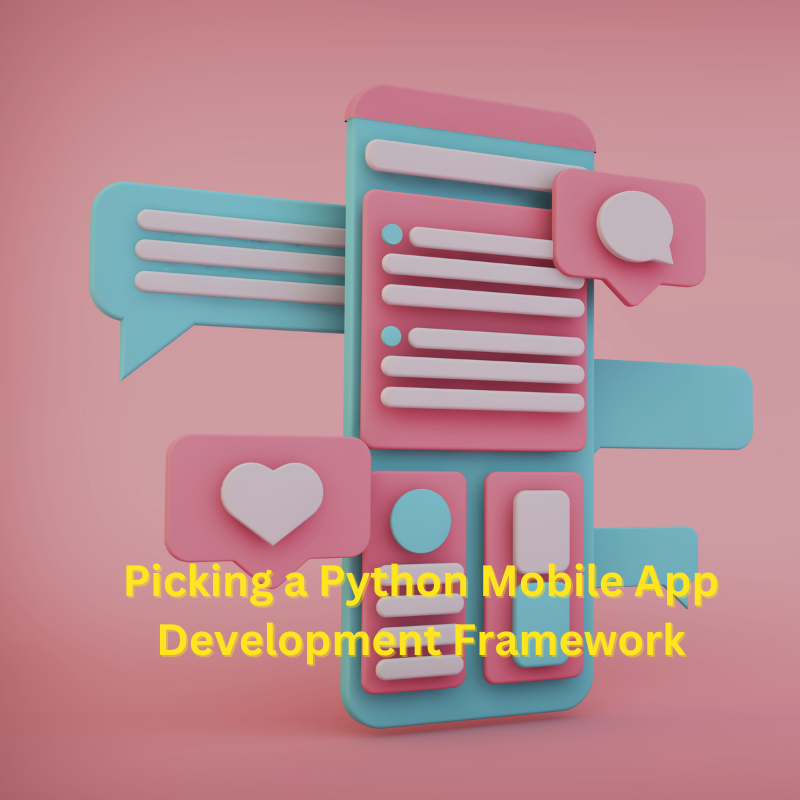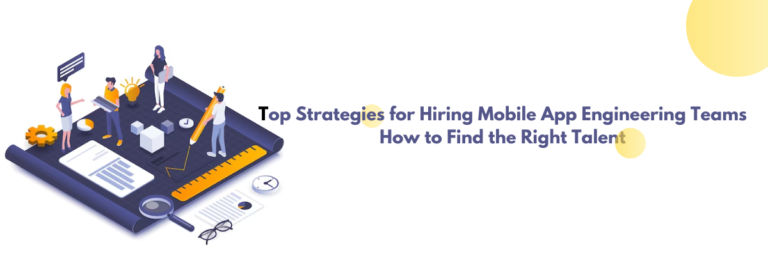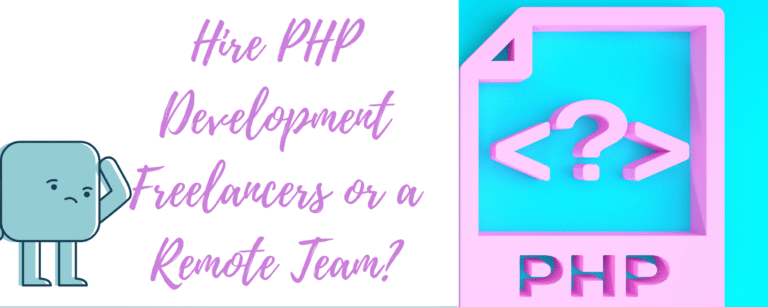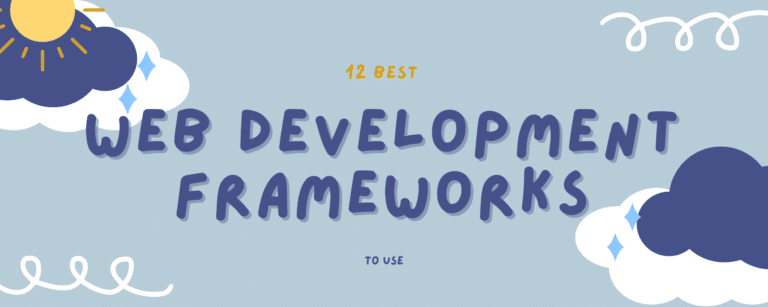Picking a Python Mobile App Development Framework
Picking a Python mobile app development framework can be a big undertaking for anyone involved in the software industry. But with the right knowledge, one can make a sound decision about which one to choose for their project.
Python is becoming an increasingly popular option due to its ease of use and wide range of frameworks. Fortunately, finding the right Python mobile app development framework for your project is easy.
Hiring mobile app developers is a critical part of launching a successful mobile app. You need to ensure that you have the right team in place to ensure your app is built correctly.
But, how do you go about finding and hiring the right people?. This article will provide you with some best practices when it comes to hiring mobile app developers.
Ask about the pros and cons of each framework
As more businesses adopt Python for their mobile apps, you can look forward to a future of riveting possibilities. When it comes to crafting user-friendly applications.
It also helps to have an experienced mobile app developer on board, who is familiar with the different frameworks.
He or she will be able to explain how various tools interact with each other and how you should go about working with them to develop your app.
They will also provide advice on design principles and best practices. Allowing you to create a robust application leveraging existing frameworks and technologies.
If you’re in the process of developing a mobile application with Python, you’ll need to decide which framework is best for your project.
What are the most popular Python mobile app development frameworks?
Working with a mobile app developer using Python frameworks can be a great choice. The most popular Python Android development tools are Cython, Kivy, PySide and BEEWi. Cython is an optimizing static compiler for both the Python programming language and the extended Cython programming language (based on Pyrex).
it is easier than ever before to create a professional mobile application with sophisticated features and comprehensive usability design using Python.
Five popular frameworks and their features
Kivy
Kivy is an open source framework that allows you to create cross-platform apps with Python. It utilizes OpenGL ES 2, providing more control over hardware acceleration. It makes easier to create animations and transitions in your app.
It also has a wide range of UI elements, making it easy to customize your app’s look and feel. Since Kivy is open source, its community provides great support when you run into problems about the framework.
Beeware
BeeWare is another popular choice for mobile app development with Python. The main advantage of BeeWare is that it compiles to native code. Meaning that your app will run smoothly on any platform without needing to be recompiled for each one.
This makes BeeWare ideal for developers who want their apps to perform well across different platforms without having to invest extra time into optimizing them.
Additionally, BeeWare offers great debugging tools so you can quickly identify and fix any issues in your code.
QPython3
QPython3 is different from the two options listed above in that it isn’t actually a full-fledged app development framework
Instead it’s an app interpreter that lets users run their own scripts on Android devices without having to compile them first.
That makes QPython3 ideal if you just want an easy way of running short test scripts on an Android phone.
But not so great if you’re looking for something more comprehensive and feature-rich than what QPython3 offers out of the box.
PyQt5
PyQt5 is an excellent choice if you are looking for an all-in-one solution for mobile app development with Python.
PyQt5 provides a wide range of UI elements as well as powerful debugging tools. So you can easily make changes while testing out new features in real time.
Plus PyQt5 integrates with C++ libraries. So if you need access to more advanced features than those offered by the standard Python library.
Flutter is Google’s open-source mobile app development framework based on the Dart programming language.
Flutter takes advantage of the Dart platform’s ability to optimize apps for both iOS and Android devices. It Allow developers to create apps that work seamlessly across both platforms without having to write separate codebases.
Additionally, Flutter comes with its own set of UI components that make designing attractive user interfaces easier than ever before.
PyMob
If you’re looking for a framework that takes care of all the tedious tasks associated with developing a mobile app, PyMob might be the right choice for you.
This powerful tool allows developers to generate code automatically from their design specs saving time and energy. It still produces quality results.
However, PyMob only works with Android platforms at this time. So if you need iOS support as well, it may not be the best option for you.
Conclusion
No matter which Python mobile app development framework you choose, keep in mind that all require some level of coding knowledge and expertise. With that being said, each framework offers its own unique advantages depending on your needs.
As you can see, there are many factors that come into play when deciding which framework is best for your project.
Whether you choose Kivy, BeeWare, or PyQt5 depends on what type of application you are building. And what level of performance you need from it across different platforms.
it’s just a matter of finding the right one for your project. Ultimately, which framework you choose will depend on what kind of project you’re working on and what features you need from your framework.







